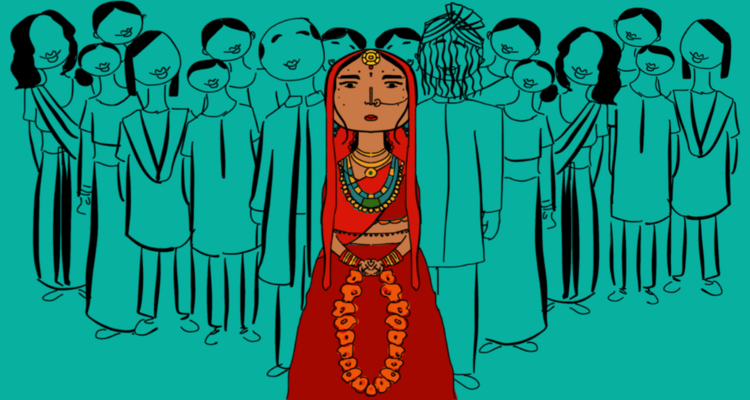
In the case of Vedram And Anr. vs. the State of U.P, the Allahabad High Court recently acquitted the mother-in-law of the deceased in a dowry death case.
Background of the Case
Justices Ashwani Kumar Mishra and Mohd. Azhar Husain Idrisi found that she was living separately from her son and his wife (deceased) at the time of the crime in September 2015. The Court noted a lack of specific allegations against her and her prior separation from the family before the deceased’s death, indicating no direct involvement in alleged dowry demands.
While upholding the conviction of the deceased’s husband, his sentence under Section 304-B IPC was modified to the time already served (approximately 8 years and 7 months).
Court’s Findings and Observations
The Court emphasized that when imposing the maximum permissible sentence, it’s crucial to provide reasons for such a decision. However, in this case, the Trial Court failed to offer adequate justification for the maximum punishment.
The Court addressed appeals by the deceased woman’s father-in-law (deceased), mother-in-law, and husband challenging their convictions under various sections of the IPC and the Dowry Prohibition Act. While the father-in-law and mother-in-law received 10 years of imprisonment, the husband was sentenced to life imprisonment under Section 304-B IPC.
Unfortunately, the father-in-law passed away during his appeal process in the HC.
Key Details of the Case
The deceased woman, married to Rajendra in June 2012, faced recurring harassment in her marital home due to dowry demands. Despite her parents’ financial constraints, the prosecution argued that demands for a motorcycle, gold chain, and ring remained unmet. Tragically, she took her own life in 2015.
High Court’s Decision
Initially, the Court determined that the deceased’s demise, occurring within seven years of her marriage, was unnatural, attributed to suicide, with prosecution witnesses effectively establishing harassment for dowry.
Despite the unnatural death, no report was made to the police, expected by law. The Court highlighted that the deceased was cremated on the same day as her death, without waiting for family members, though customary.
Regarding the mother-in-law’s case, the 70-year-old accused had been incarcerated for five years, yet the allegations against her lacked specificity.
Conclusion and Verdict
The Court noted that the father of the deceased, PW-4, admitted that the deceased and her husband (accused Rajendra) had separated from the family before her death.
Therefore, the Court concluded that despite the unnatural demise of the deceased within seven years of marriage, the mother-in-law could not be convicted under various sections of the IPC and Dowry Prohibition Act due to the lack of specific allegations against her, given the acknowledgment of the deceased’s separate living arrangement.
Consequently, her conviction was overturned. Regarding the husband-accused’s life imprisonment sentence, the Court modified it to time served, maintaining the fine and default sentence. Having spent over 8 years in jail, the Court ordered his immediate release.
Read More: Supreme Court, Delhi High Court, States High Court, Other Courts, International




